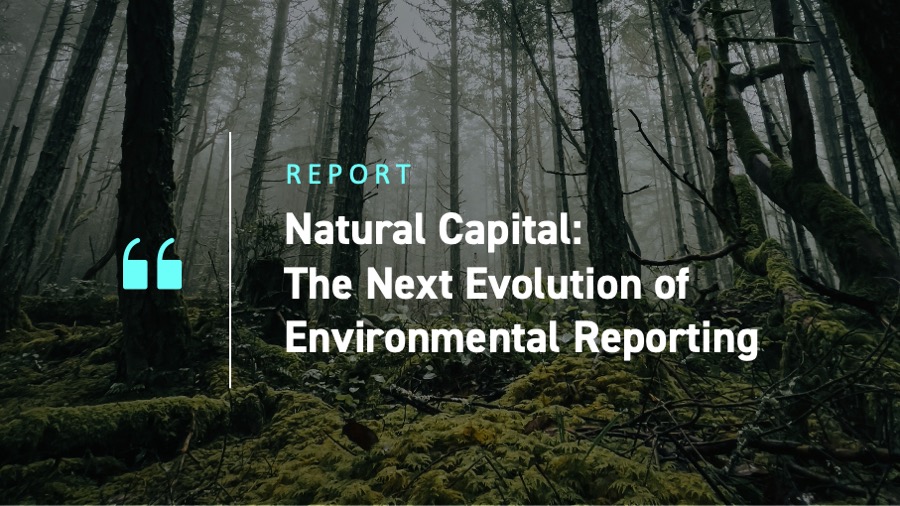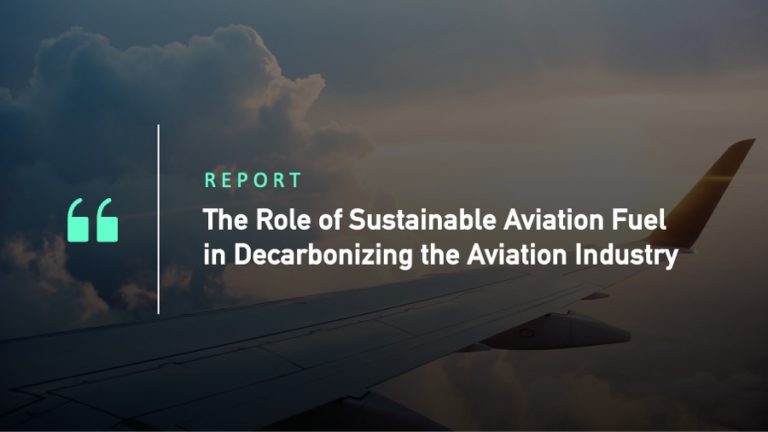Below are an excerpt and key takeaways from ISS’ recently released report titled Natural Capital: The Next Evolution of Environmental Reporting. The full report is available to institutional subscribers by logging into ProxyExchange then selecting the Knowledge Center and its Library tab and to corporate subscribers by logging into Compass then selecting Governance and the Governance Library or Governance Exchange tab.
If you are not a subscriber, you can download a copy of the full report here.
The purpose of this paper is to provide a contextual overview of the state of play regarding natural capital reporting and developments in the proxy voting space. In recent years, there has been growing adoption of natural capital references among a wide array of stakeholders – from asset managers, asset owners, and companies, to voluntary disclosure standards-setting bodies, nonprofits, governments, and multilateral institutions.
Two catalyzing factors behind the increasing acceptance of natural capital as a relevant consideration include: (1) the adoption of the Kunming-Montreal Global Biodiversity Framework in December 2022, and (2) the publication of the Taskforce on Nature-related Financial Disclosures’ (TNFD) final recommendations in September 2023. Though environmental and climate change issues have been at the forefront of much investor-issuer engagement for years, it has only been in the recent past that nature-related considerations have been more widely recognized as key components of managing environmental risks.
Key Takeaways
- The adoption of the Kunming-Montreal Global Biodiversity Framework in December 2022 and the publication of the Taskforce on Nature-related Financial Disclosures’ (TNFD) final recommendations in September 2023 have helped to catalyze mainstream acceptance of natural capital issues and reporting.
- There is a wealth of guidance on natural capital disclosures for investors and issuers.
- Natural capital-related shareholder proposal topics seen in the US market include: Biodiversity Impact and Dependency Assessment, Agricultural Impact, Chemical Pollution, Deforestation, Extractive Impact, Indigenous Peoples and Local Communities, Lobbying, Plastic Pollution, and Water Risk.
- In spite of a significant decrease in environmental- and social-related shareholder proposals on ballot in the US in the first half of 2025 (an approximately 40 percent drop, compared to 2024), the drop in natural capital-related shareholder proposals was less sharp—there were 40 in 2024 and 30 in the first half of 2025. However, support for natural capital-related shareholder proposals has continued to drop in 2025, which is consistent with the overall drop in support for environmental- and social-related shareholder proposals seen in recent years.
- On balance, although natural capital reporting by companies is nascent, there is significant market uptake in the form of standardized disclosure frameworks and guidance, market-led initiatives, shareholder proposals, and reporting by financial institutions.
If you are not a subscriber, please contact sales@iss-stoxx.com (for institutional investors) or contactus@isscorporatesolutions.com (for corporations) to learn more about accessing bespoke governance research.
By:
Joseph Hong, Colleen Lloyd




